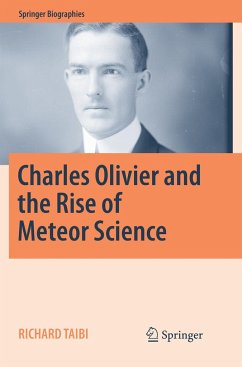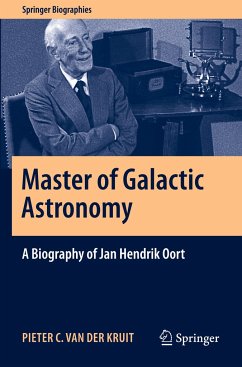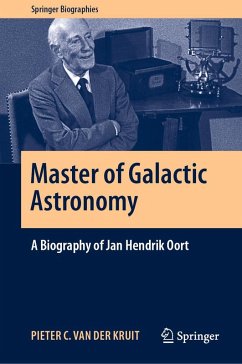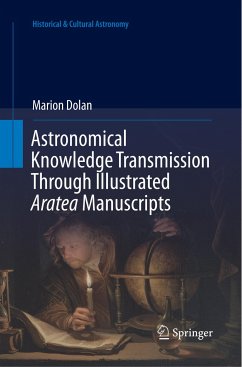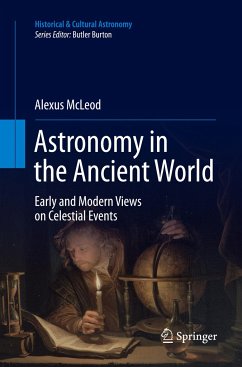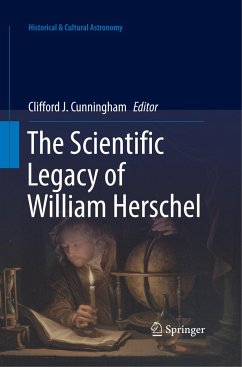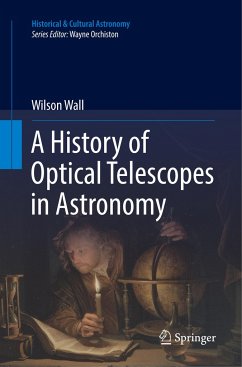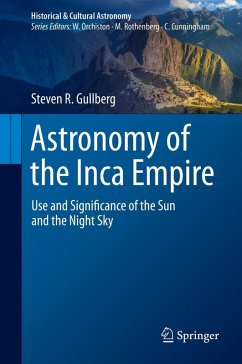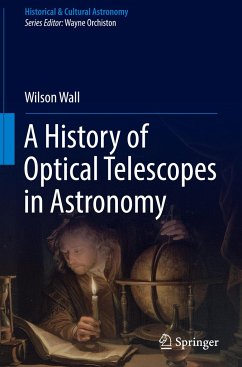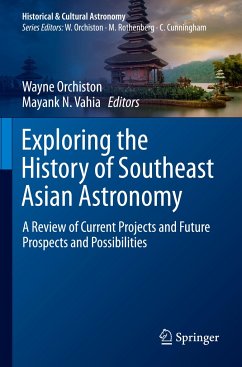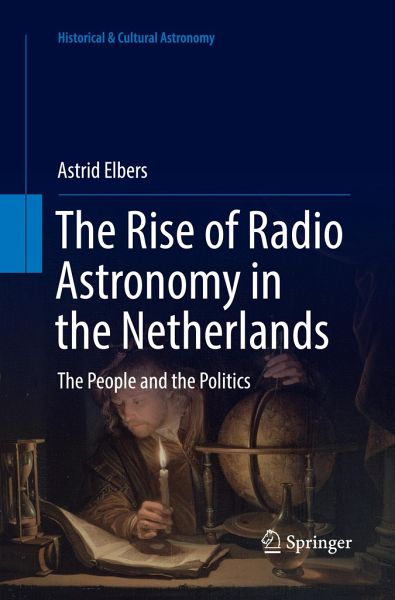
The Rise of Radio Astronomy in the Netherlands
The People and the Politics
Versandkostenfrei!
Versandfertig in 6-10 Tagen
68,99 €
inkl. MwSt.
Weitere Ausgaben:

PAYBACK Punkte
34 °P sammeln!
Radio astronomy was born during the Second World War, but as this book explains, the history of early Dutch radio astronomy is in several respects rather anomalous in comparison to the development of radio astronomy in other countries. The author describes how these very differences led the Netherlands to become one of the world leaders in radio astronomy. Dominated by the Leiden astronomer Jan Hendrik Oort, the field embarked on an era of success, and to this day, the country still holds a leading position.To tell this story, the book focuses on three key events in the period 1940-1970, namel...
Radio astronomy was born during the Second World War, but as this book explains, the history of early Dutch radio astronomy is in several respects rather anomalous in comparison to the development of radio astronomy in other countries. The author describes how these very differences led the Netherlands to become one of the world leaders in radio astronomy. Dominated by the Leiden astronomer Jan Hendrik Oort, the field embarked on an era of success, and to this day, the country still holds a leading position.
To tell this story, the book focuses on three key events in the period 1940-1970, namely the construction of the radio telescopes in Kootwijk (1948), in Dwingeloo (1956), and in Westerbork (1970). These projects show that Dutch radio astronomers must not be seen as merely scientists, but also as strategic lobbyists, networkers and organizers in a specific political and economic context. It was in the process of planning, designing and constructing these instruments that the interests of the astronomers, industrial partners, politicians and lobby groups merged to create today's existing research centers for radio astronomy.
To tell this story, the book focuses on three key events in the period 1940-1970, namely the construction of the radio telescopes in Kootwijk (1948), in Dwingeloo (1956), and in Westerbork (1970). These projects show that Dutch radio astronomers must not be seen as merely scientists, but also as strategic lobbyists, networkers and organizers in a specific political and economic context. It was in the process of planning, designing and constructing these instruments that the interests of the astronomers, industrial partners, politicians and lobby groups merged to create today's existing research centers for radio astronomy.



